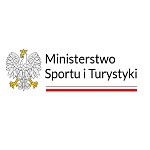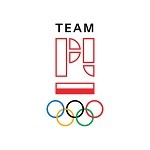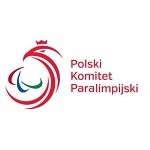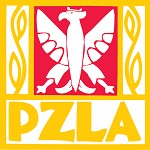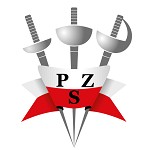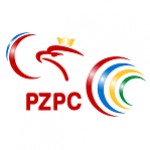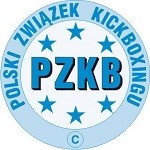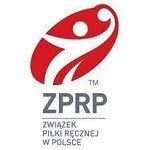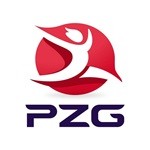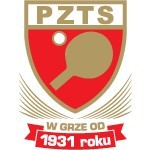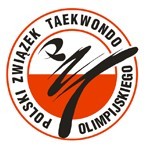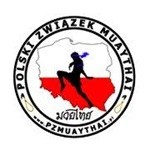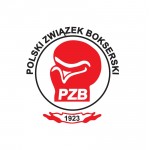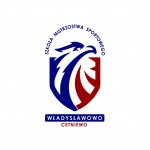
Before "Papa" Feliks Stamm came here with his first group of his beloved and later very famous boxers half a century ago, Cetniewo was a rather secluded (and the coach cared a lot about that) but beautiful place on a high shore, separated only by a clean wide beach from the Baltic Sea. Among sparse coastal pines and spruces there was an inconspicuous wooden guesthouse where non-commissioned officers of the coastal unit of the Border Protection Corps stayed and dined before World War II. During the war German pilots from the Luftwaffe came here for rehabilitation; in primitive conditions, under tents, young candidates for the notorious SS formations were also hardened here.
A small, 5-room barrack with bunk beds, or rather bunks, has survived from those times. Before the European championships in 1951 in Milan, coach Stamm grouped his fighters in the Technical School of Physical Education in Wrzeszcz near the Lechia stadium and at that time he was looking for something better, more distant from the city temptations and pleasures, preferably by the sea, in the iodine-rich air. So he drove a motorcycle with a trailer from the militia and searched all over the coast. He was also in Krynica Morska, where the palace of Hitler's mistress Eva Braun was praised, but all he found there was ashes and rubble. In the end, he chose Cetniewo, where, apart from the climate values, he was fascinated by this inconspicuous but solid barrack. It was the beginning, from it a wonderful complex of facilities and sports equipment grew over the next years, serving well the generations of Polish Olympians. That barrack
Half of it was used as a hotel and accommodation, while the other half was used by coach Stamm to arrange a training room equipped with boxing bags and pears, and then in the corner on the floor he installed a primitive ring.
That's how it all started, and in July 1952 in a small assembly square the first farewell ceremony of the national team, leaving for the Olympic Games in Helsinki, took place. Coach announced the squad, His chosen ones could not hide their emotions, the white and red flag went up the mast to the sound of Mazurka, and two weeks later the whole Poland was jumping for joy after the gold-silver success of Zygmunt Chychła and Aleksy Antkiewicz from Gdańsk. Boxing medals forged in Cetniewo were pouring out later like from a sleeve. After Chychła, who was the first Polish Olympic champion in boxing, this highest peak in amateur sport was reached by 6 more Polish boxers: Kazimierz Paździor, Józef Grudzień, Jerzy Kulej (twice), Marian Kasprzyk, Jan Szczepański and Jerzy Rybicki, and all of them marked their way to this success with liters of sweat right here in Cetniewo. And there was also a whole pleiade of vice-champions and Olympic bronze medalists, champions of Europe and the world with names beautifully written in the history of Polish sport, such as Aleksy Antkiewicz, Zbigniew Pietrzykowski, Leszek Drogosz, Jerzy Adamski, Tadeusz Walasek, Zenon Stefaniuk, Brunon Bendig, Hubert Skrzypczak, Wiesław Rudkowski, twin pairs Olechów and Skrzeczów, Henryk Średnicki, Leszek Błaźyński and many, many others. There is no doubt that the first 10 years of Cetniew OPO were mainly, if not exclusively, boxing with an informal super - director Feliks Stamm, who, on the wave of his charges' successes and good relations with the then sports chief Włodzimierz Reczek, diligently expanded and enlarged the Cetniew base. All his ideas and proposals were accepted by the headquarters almost blindly and money was found for everything.
From the very beginning, as a young radio reporter from nearby Gdańsk, I accompanied the Great Coach and his students during training camps in Cetniew. It was then, in the training room, as well as during long, often nightly chats, that he kindly opened the boxing world's backstage to me, patiently explained the laws governing this discipline, in short - taught boxing. It was probably here that the knowledge I gained at that time allowed me to support three boxing Olympics, 10 European championships, many Polish championship tournaments and later the Feliks Stamm Memorials for the central radio station. I tried to repay my enormous debt of gratitude to the "Coach of the 50th Anniversary" by initiating, right after his death, naming the center in Cetniew after Feliks Stamm and organizing a fundraising campaign for a commemorative plaque with his image, supported by the listeners of the Polish Radio from all over the country and the readers of the "Sport" magazine from Katowice. To this day, on the wall of the hotel reception in Cetniew, he greets all the guests with his warm, good smile.
Still in those pioneer times, at the beginning of the 1950s, Cetniewo fell under the spell of another outstanding coach of the national fencing team, the famous Hungarian fencing champion Janos Kevey. With the consent of his friend Feliks, he regularly brought his "wonder children" here for training sessions - outstanding
